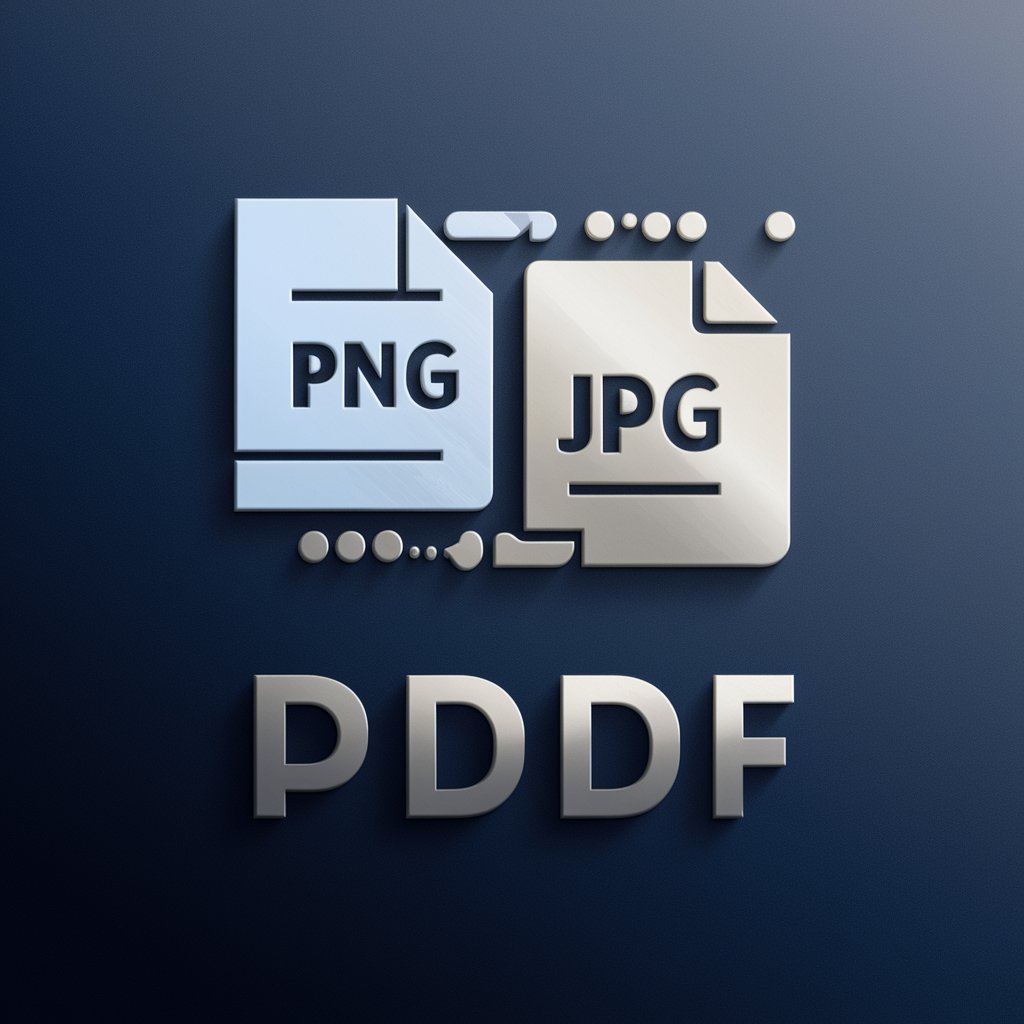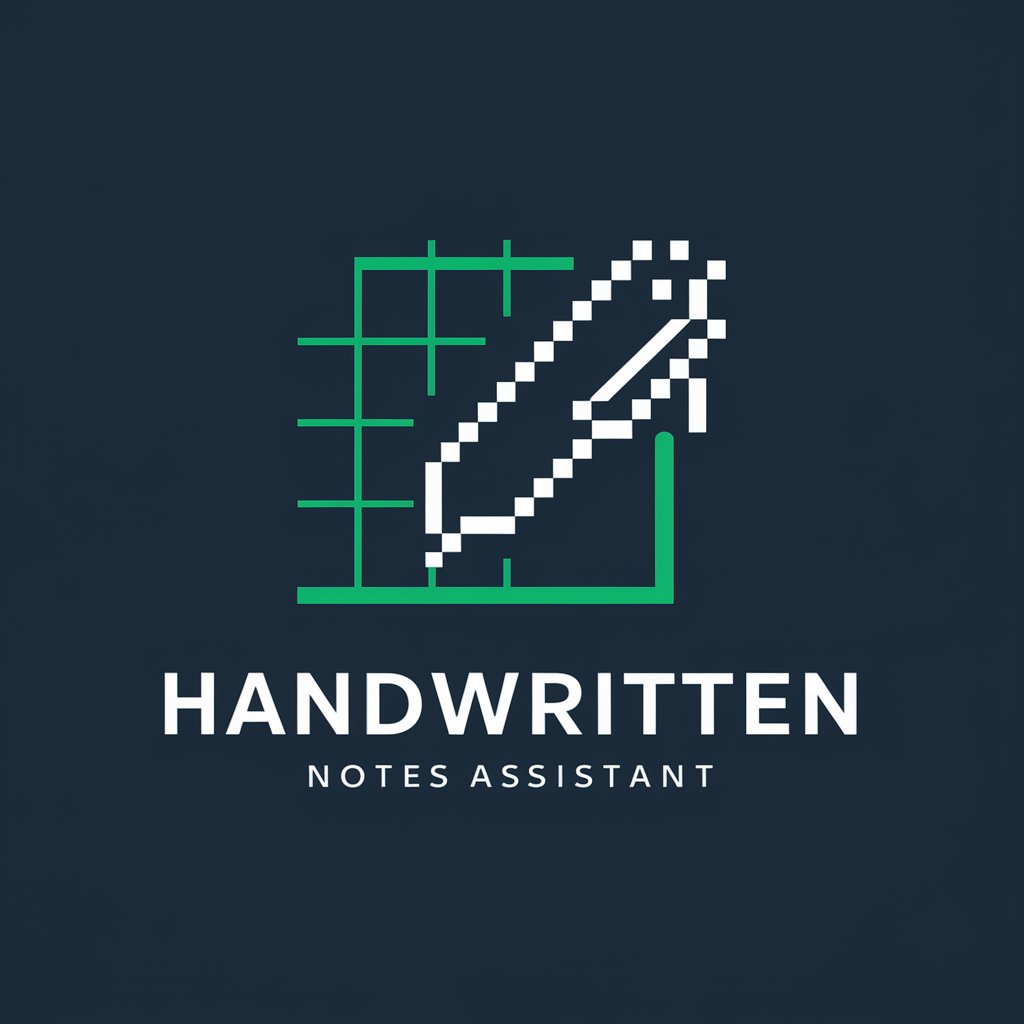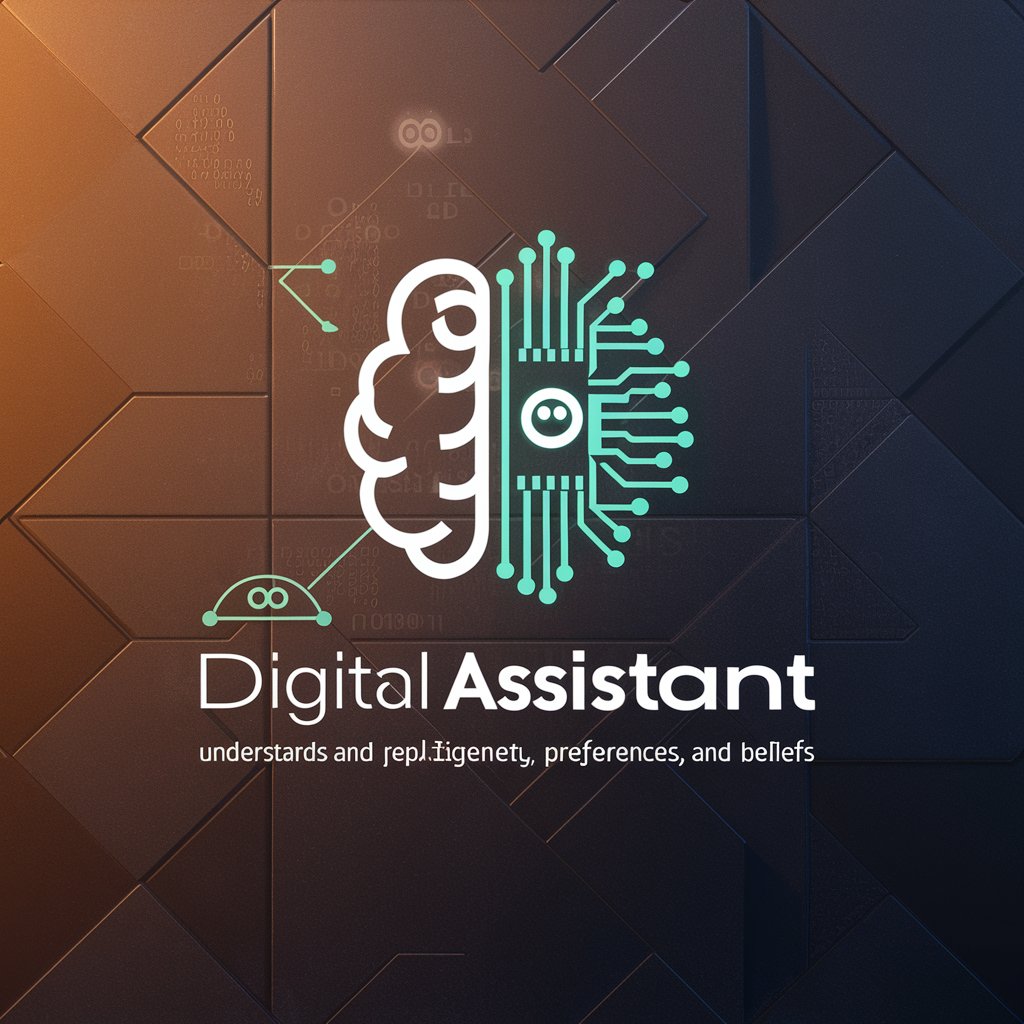5 GPTs for Personal Archiving Powered by AI for Free of 2026
AI GPTs for Personal Archiving are advanced tools designed to assist individuals in managing, organizing, and preserving their digital data. Utilizing the capabilities of Generative Pre-trained Transformers (GPTs), these tools offer personalized solutions for handling a wide range of tasks related to personal archiving. From sorting digital photos and documents to creating searchable databases of personal information, AI GPTs for Personal Archiving leverage natural language processing and machine learning to streamline the management of digital footprints, ensuring that important memories and documents are preserved for future reference.
Top 5 GPTs for Personal Archiving are: Image to PDF Converter,Digitize Handwritten Notes,Chat History,GPT-ME,Rename
Image to PDF Converter
Transform images into PDFs effortlessly with AI-powered precision.

Digitize Handwritten Notes
Transforming handwriting into digital text, powered by AI

Chat History
Revolutionizing Chat Archiving with AI

GPT-ME
Your Digital Self, Reimagined with AI

Rename
Streamline Your Images with AI-Powered Renaming
Key Attributes and Functionalities
AI GPTs for Personal Archiving stand out for their adaptability, catering to a broad spectrum of archiving needs. These tools can automatically categorize and tag content, perform sentiment analysis on personal journals, offer reminders for digital decluttering, and even suggest organization strategies. Special features include language learning capabilities for indexing multilingual documents, technical support for troubleshooting, web searching for consolidating information across platforms, image creation for enhancing archives, and data analysis tools for insights into personal data trends.
Who Can Benefit
The primary users of AI GPTs for Personal Archiving include individuals looking to digitize and organize personal records, hobbyists interested in preserving digital memories, and professionals needing efficient ways to manage digital assets. These tools are designed to be user-friendly for those without programming skills, while also offering advanced customization options for tech-savvy users and developers seeking to tailor the AI capabilities to specific archiving tasks.
Try Our other AI GPTs tools for Free
Gold Trading
Discover how AI GPTs for Gold Trading can transform your trading strategy with advanced analytics, real-time insights, and tailored advice for the gold market.
Attire Recommendation
Discover how AI GPTs for Attire Recommendation can transform your fashion choices with personalized, trend-aware outfit suggestions. Ideal for fashion enthusiasts and industry professionals alike.
Daily Preparation
Discover how AI GPTs for Daily Preparation can transform your daily routine with personalized, efficient planning and task management solutions.
Emergency Aid
Discover how AI GPTs for Emergency Aid leverage advanced technology to provide real-time support and guidance in critical situations, making emergency response more efficient and accessible to all.
Recruitment Matching
Discover how AI GPTs for Recruitment Matching revolutionize hiring by automating candidate-job matching, enhancing efficiency and reducing bias, tailored for HR professionals and job seekers alike.
Candidate Engagement
Revolutionize your recruitment process with AI GPTs for Candidate Engagement, leveraging AI to automate communications, enhance candidate experience, and streamline hiring.
Further Perspectives
AI GPTs for Personal Archiving are not just tools for data management; they represent a personalized approach to preserving one's digital legacy. They offer scalability, from basic organizational tasks to complex data analysis, making them suitable for a variety of users. Their integration with existing digital environments highlights their potential to become an essential part of personal data management strategies, enhancing user experience through advanced AI technologies.
Frequently Asked Questions
What exactly does Personal Archiving entail?
Personal Archiving involves the collection, organization, preservation, and management of digital assets, such as photos, documents, and emails, ensuring they are securely stored and easily retrievable in the future.
How does AI enhance Personal Archiving?
AI enhances Personal Archiving by automating the sorting and categorization of digital files, offering natural language search capabilities, and providing insights and recommendations for efficient data management.
Can non-technical users utilize these AI GPTs tools?
Yes, these tools are designed with intuitive interfaces that allow non-technical users to easily manage their digital archives without the need for programming knowledge.
Are there customization options available for developers?
Absolutely, developers can access APIs and scripting options to customize the AI GPTs tools for specific archiving needs, integrating them with other systems or creating tailored functionalities.
What types of data can be archived with AI GPTs?
AI GPTs can archive a variety of digital data types, including text documents, emails, photographs, videos, and even social media posts.
Is data security a concern with AI GPTs for Personal Archiving?
Data security is a paramount concern. These tools employ advanced encryption and security measures to protect personal data from unauthorized access.
Can AI GPTs help with physical documents?
Yes, AI GPTs can assist in the digitization and organization of physical documents, converting them into searchable digital formats.
How do AI GPTs handle multilingual data?
AI GPTs are equipped with multilingual processing capabilities, allowing them to understand, categorize, and index data in multiple languages, making it accessible regardless of the language barrier.